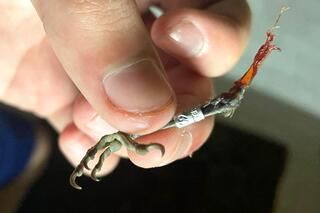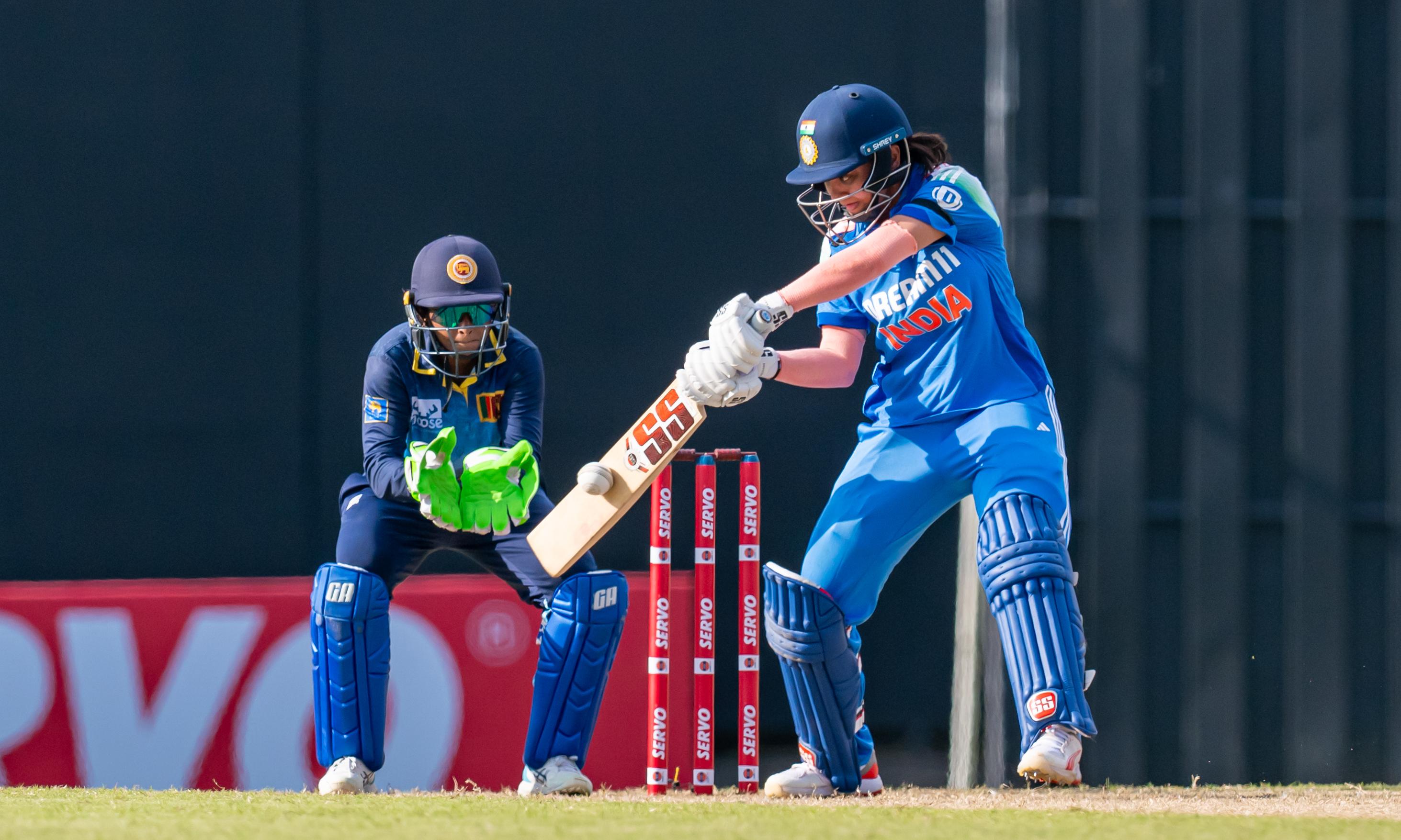While in Israel we enjoy watching the migratory birds that fill the skies, in Lebanon, the story is tragically different: illegal bird hunting is rampant and destructive, particularly during migration seasons. According to the Committee Against Bird Slaughter, an organization dedicated to the protection of migratory birds, millions of birds—including raptors, storks, and songbirds—are shot each year in Lebanon. Difficult to watch - Birds shot in Lebanon ( Video: Committee Against Bird Slaughter ) Most birds are hunted for food, but rarer species, such as vultures and eagles, are sometimes sold in markets if they survive the shooting.
Last month, footage circulated on social media showing armed gangs in the village of Arida, northern Lebanon, shooting storks for sport as the birds flew on their way back to their breeding grounds in Europe. Dr. Yoav Perlman, director of the Birding Center of the Society for the Protection of Nature in Israel, stressed that this phenomenon isn’t limited to Lebanon.

"In Israel, we live in a kind of bubble. In many of the countries around us—Lebanon, Syria, Saudi Arabia, Jordan, and the Palestinian Authority—there is organized, large-scale, commercial hunting. In many places, it has cultural roots, and the hunting is carried out with off-road vehicles, firearms, and communication equipment.
Sadly, this isn’t just a seasonal issue in spring or fall; it happens year-round—in spring, summer, fall, and winter. In Lebanon, it’s highly publicized, partly because of the slaughter of storks. Unfortunately, this is not an isolated case.
Hunting occurs all year long, and it’s easiest to target large birds. They hunt anything that moves." 2 View gallery A tagged bird from a picture taken by a Lebanese hunter Dr.
Perlman emphasized that illegal hunting has a severe impact on bird populations, many of which are already in decline, such as the European turtle dove, quail, blackcap, golden oriole, and common quail. "We are embroiled in a climate and biodiversity crisis. It’s already difficult for migratory birds to survive, and illegal hunting adds an enormous burden.
" Get the Ynetnews app on your smartphone: Google Play : https://bit.ly/4eJ37pE | Apple App Store : https://bit.ly/3ZL7iNv Just this week, a bird that had been tagged in Jerusalem a few days earlier was gunned down.
On Saturday, a young blackcap—a common songbird in Israel weighing just 18.5 grams—was tagged at the Nili and David Bird Research Station in Jerusalem. On Wednesday, a report came in from the town of Dlebta, northeast of Beirut, Lebanon, stating that the bird had been captured by a local hunter.
The hunter, noticing the metal ring on the bird’s leg with the code X-640671, voluntarily reached out to Dr. Yosef Kiat, director of the Israeli Bird Ringing Center at the Society for the Protection of Nature in Israel. 2 View gallery Shot and killed for sport ( Photo: Committee Against Bird Slaughter ) "The hunter’s initiative stemmed from an understanding that this information is crucial for tracking, monitoring, research, and conservation," explained Dr.
Kiat. Yotam Bashan, director of the Jerusalem research station, added, "Every year, many individuals from migratory species are hunted in Lebanon. In this case, however, contrary to expectations, the hunter chose to cooperate with conservation efforts and directly contacted us.
" >.
Environment

Millions of birds killed in Lebanon as illegal hunting persists

Illegal bird hunting in Lebanon kills millions of migratory species annually, including storks, eagles, and songbirds; Amid this devastation, a rare act of cooperation by a Lebanese hunter with Israeli conservationists offers a glimmer of hope for protecting these vulnerable populations















